Black rhinos return to Chad, nearly 50 years after local extinction
The world's black rhinos have declined by more than 97 percent since 1960.
Six black rhinos were flown thousands of miles across the African continent today to Chad, where they had been relentlessly hunted to local extinction almost 50 years ago.
The rhinos were loaded into specially designed crates at the Addo Elephant National Park in South Africa and driven to the Port Elizabeth International Airport today before embarking on a 15-hour flight to Chad's Zakouma National Park, according to South Africa's Department of Environmental Affairs.
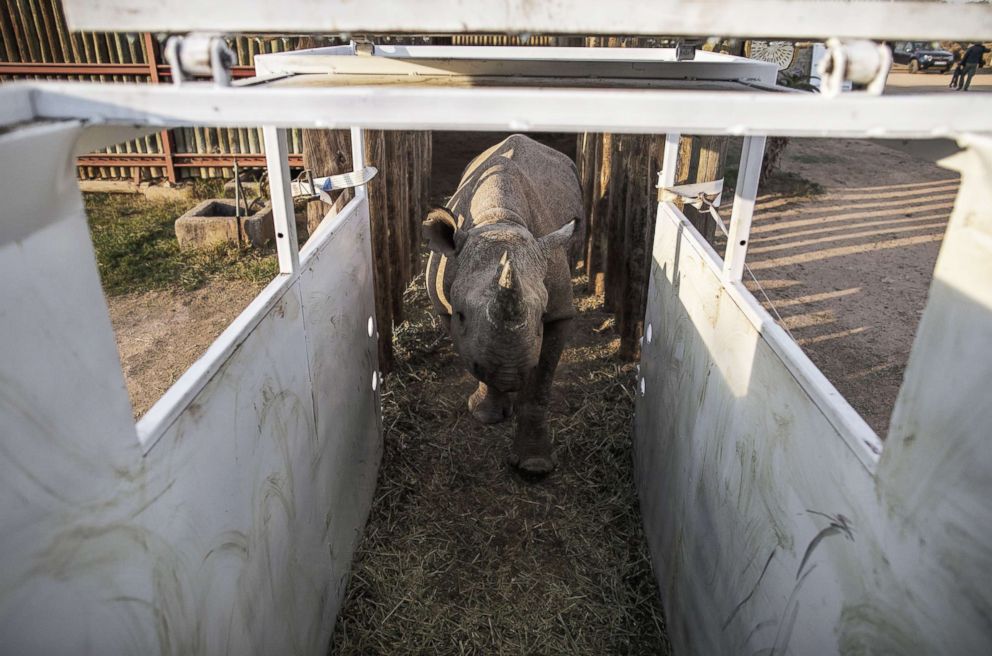
The rhinos had been taken out of the Marakele National Park in northern South Africa in January and transported to the Addo Elephant National Park in the southern part of the country, where they have been held in "bomas," or enclosures to prepare them for their long journey north.
The African Parks Network, which assisted in the translocation, is tasked with managing and protecting the black rhinos when they arrive in Chad's Zakouma National Park.
"By establishing a viable and secure population of rhino in Chad, we are contributing to the expansion of the rhino population in Africa, and the survival of a species that has faced high levels of poaching," South African Minister of Environmental Affairs Edna Molewa said in a statement today.
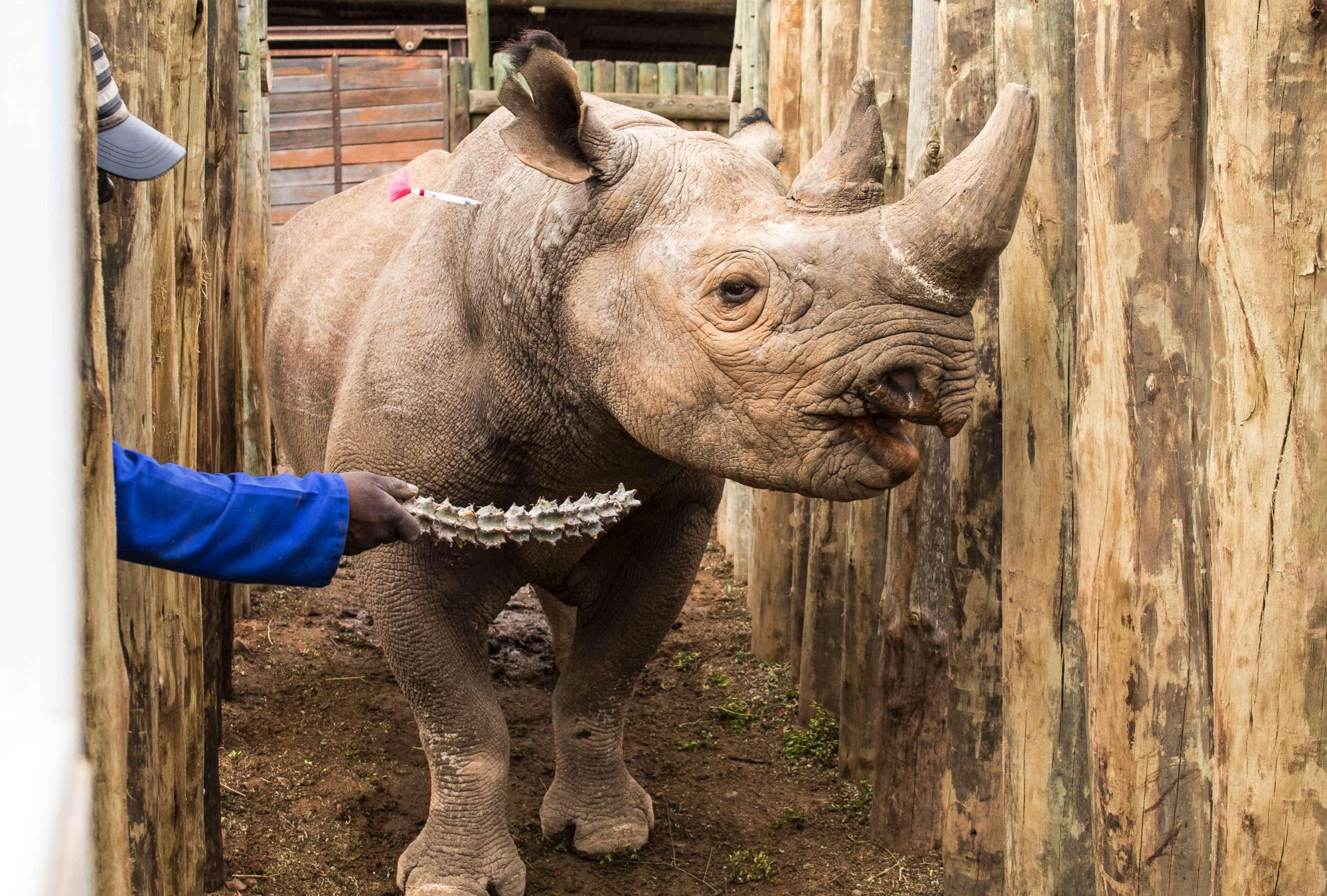
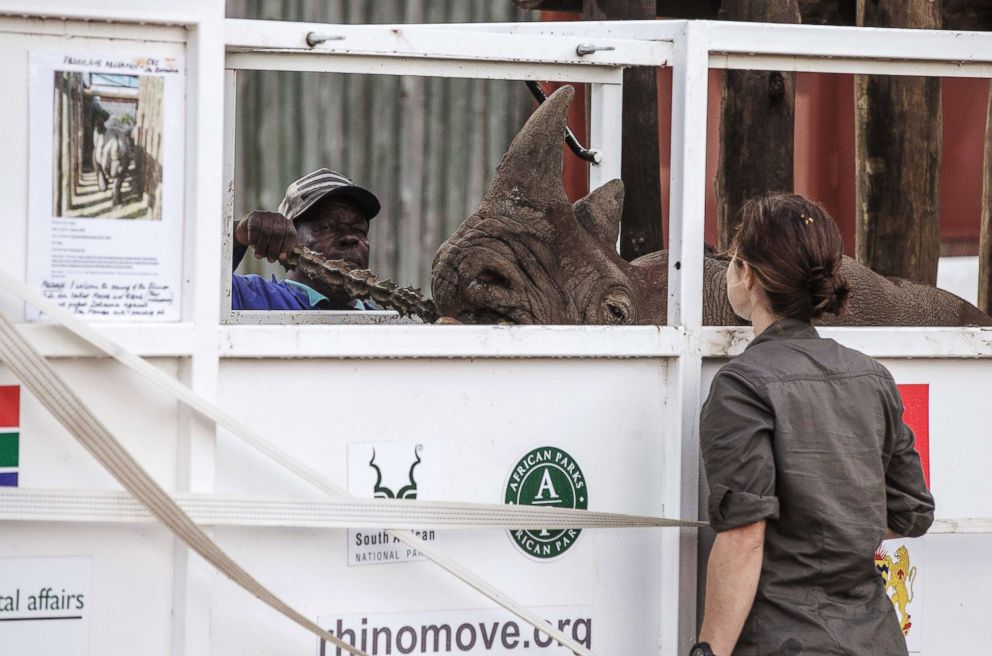
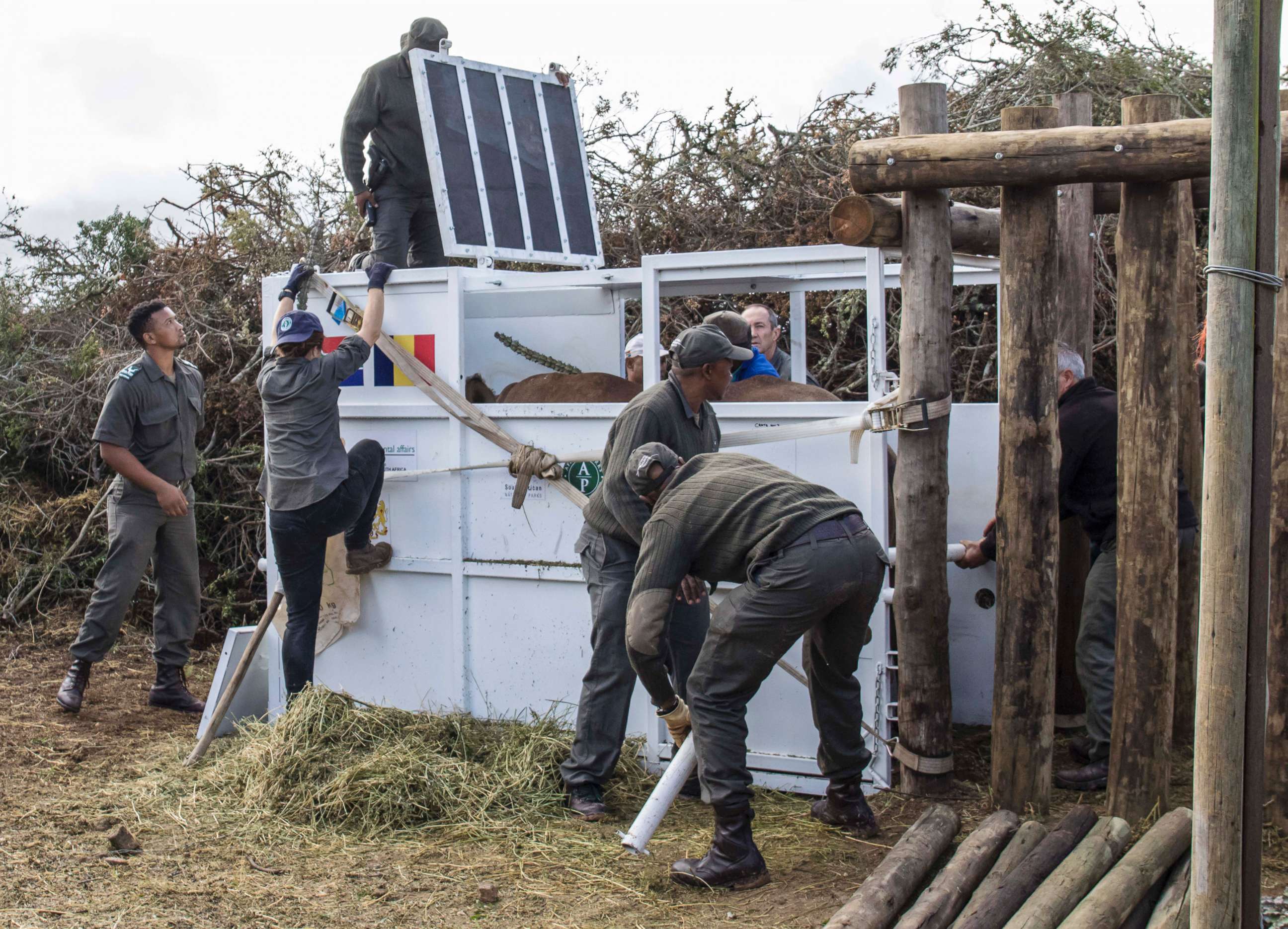
Chad was once home to at least two rhinoceros species: the northern white rhino and the western black rhino. The black rhino roamed the wilds in Zakouma until the 1970s, when they became regionally extinct because of poaching, according to Molewa.
The global population of black rhinos has declined by more than 97 percent since 1960, mainly as a result of poaching and the soaring demand for their horns in Asia, where they are coveted for their perceived healing properties, according to the International Union for Conservation of Nature.
The black rhino population has steadily increased since bottoming out in 1995, but the numbers are still 90 percent lower today than three generations ago.
"We are all too aware that the translocation of these animals is taking place against a tragic backdrop, as poaching and the illicit wildlife trade continues to wreak havoc on Africa’s biological assets," Molewa said.
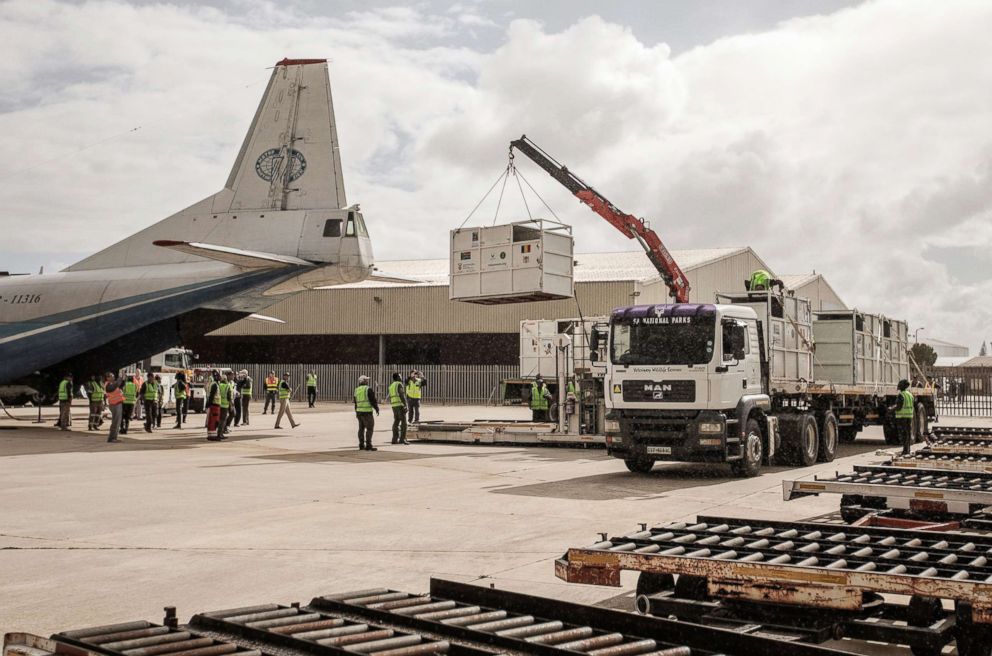
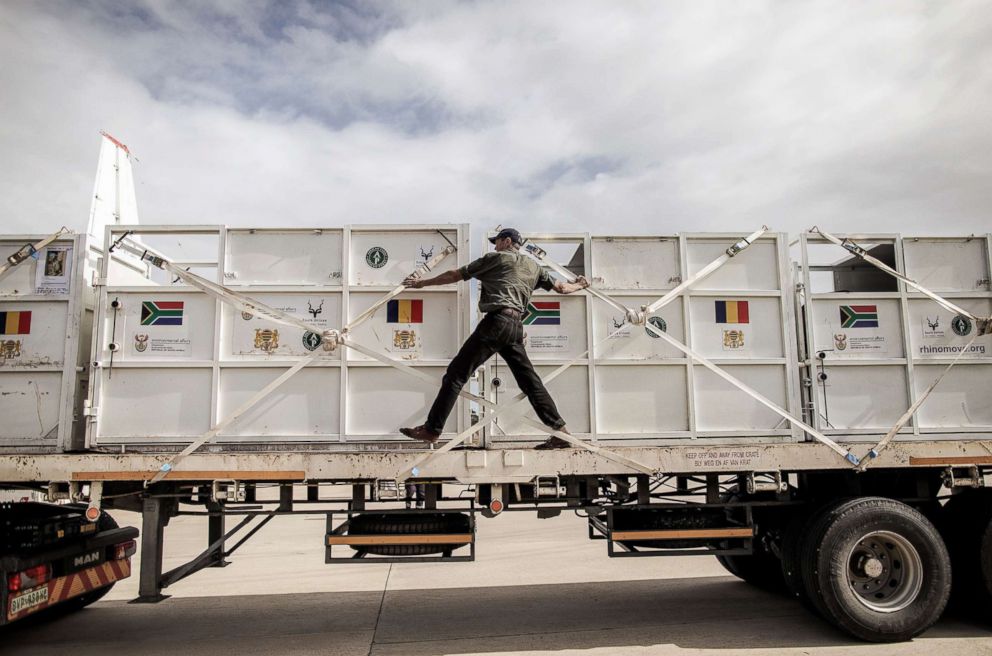
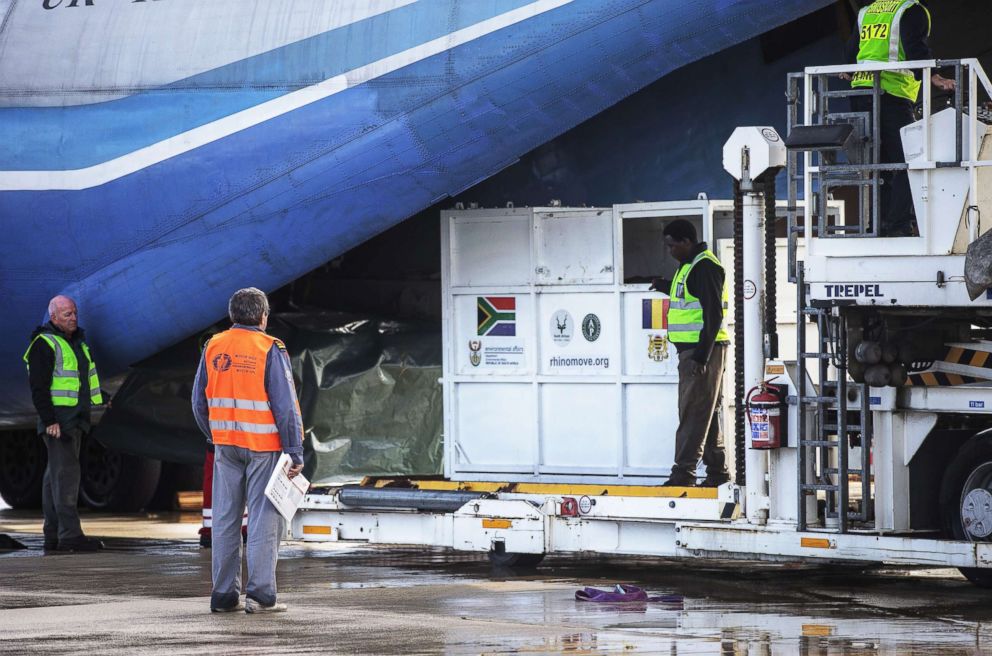
Meanwhile, South Africa is home to the world's largest population of the pachyderms, with 18,000 white rhinos and 2,000 black rhinos, which is the smaller of the two African rhino species.
South Africa and Chad signed an agreement in October allowing for the translocation of black rhinos as part of an initiative to reintroduce the critically endangered mammals to the Central African nation.
Black rhinos have been reintroduced to several other African nations before, but if this group breeds successfully in Chad, it will be the northernmost wild population of their kind on the continent.
"In years to come,” Molewa said, “the peoples of our two countries will look back on this occasion that marks the return of the black rhino to Chad for the first time in 46 years.”




